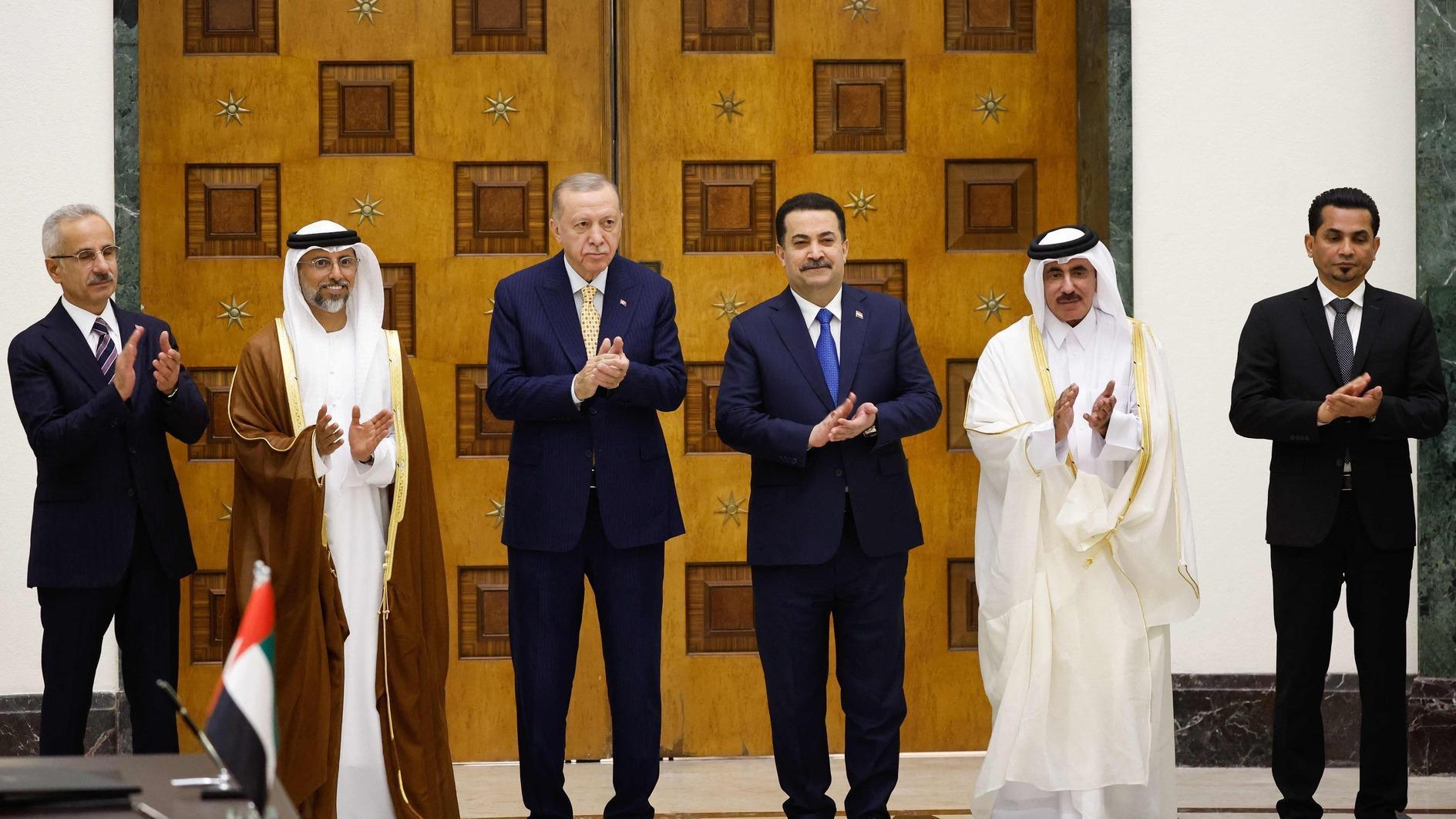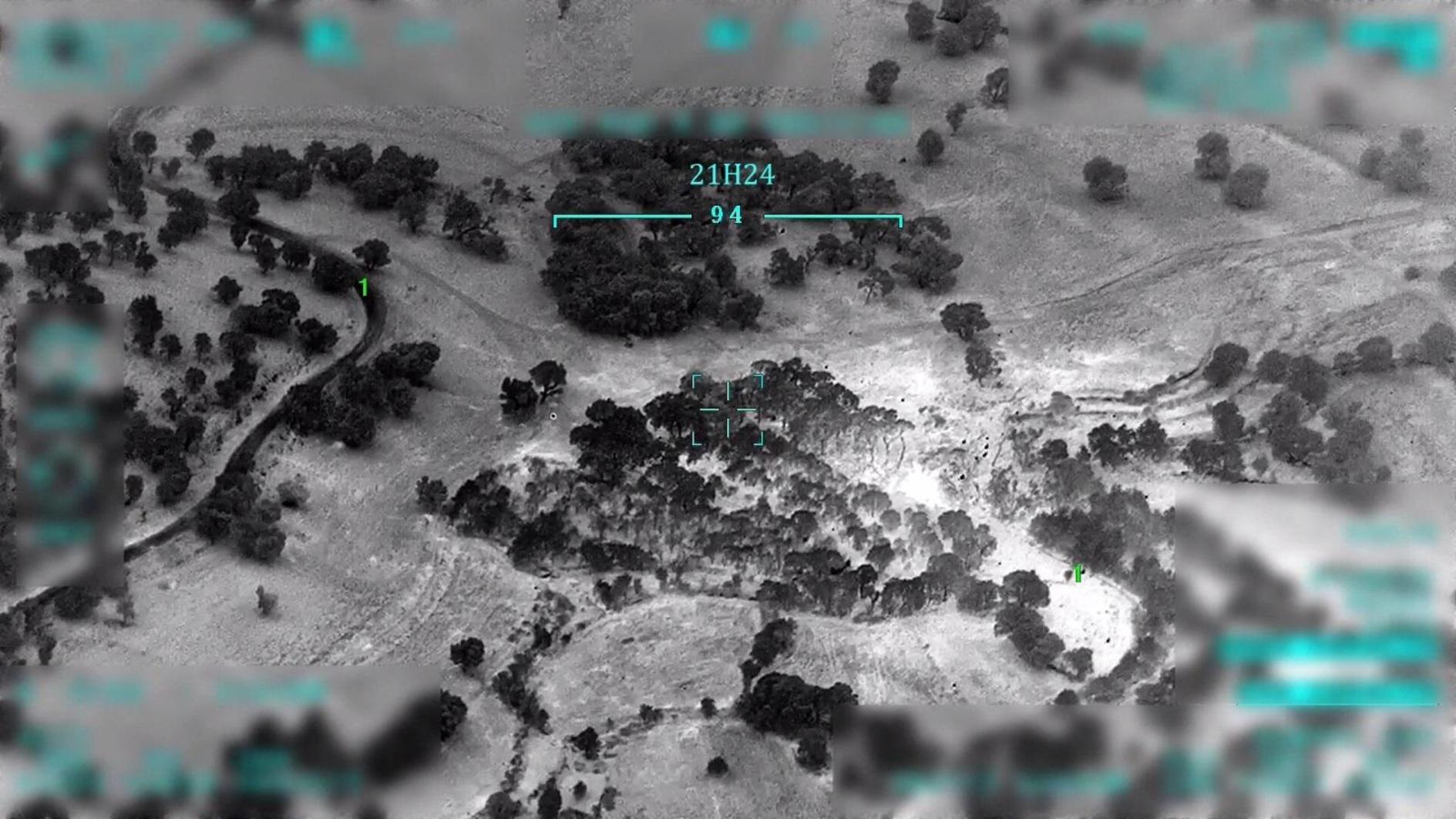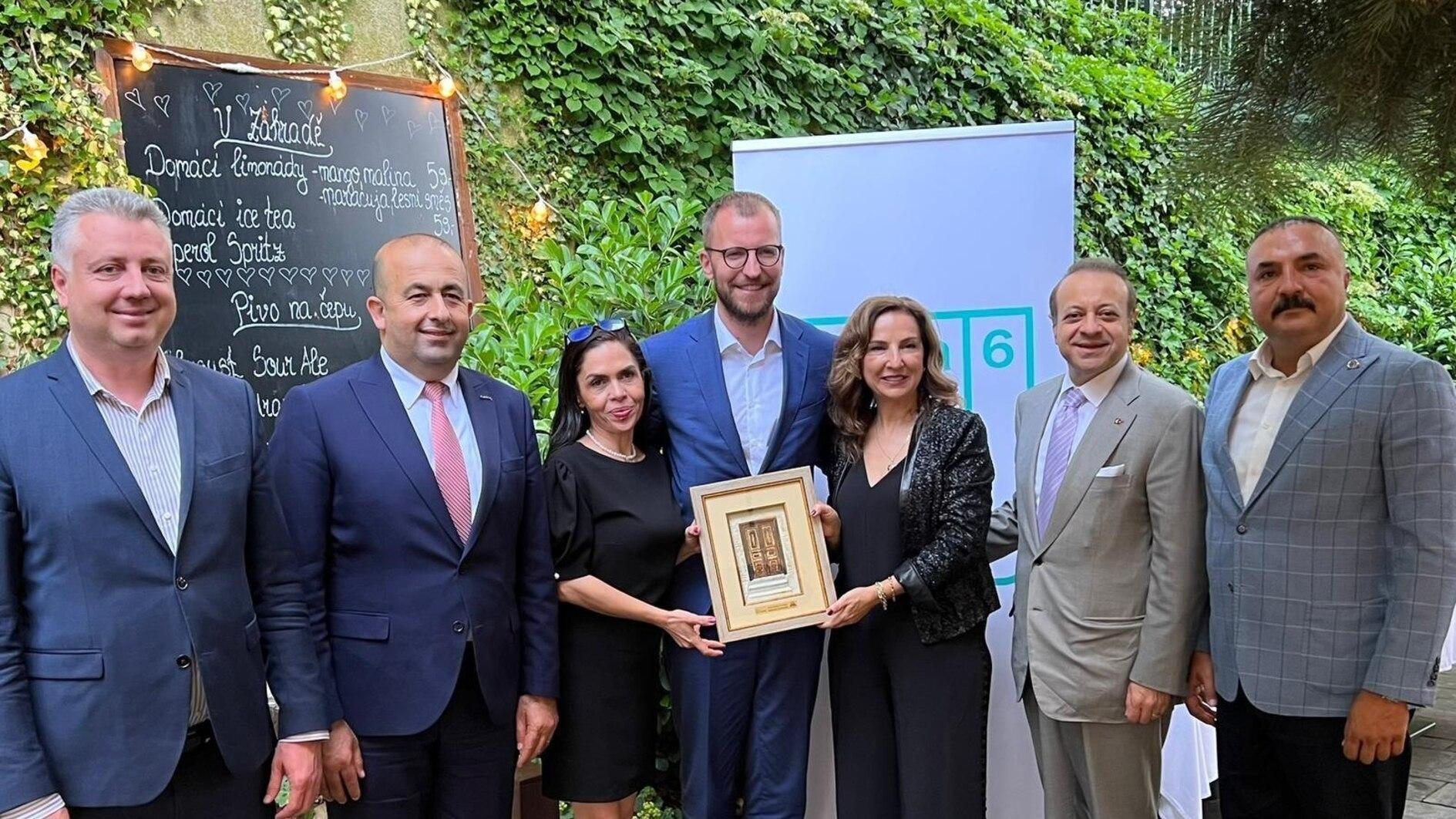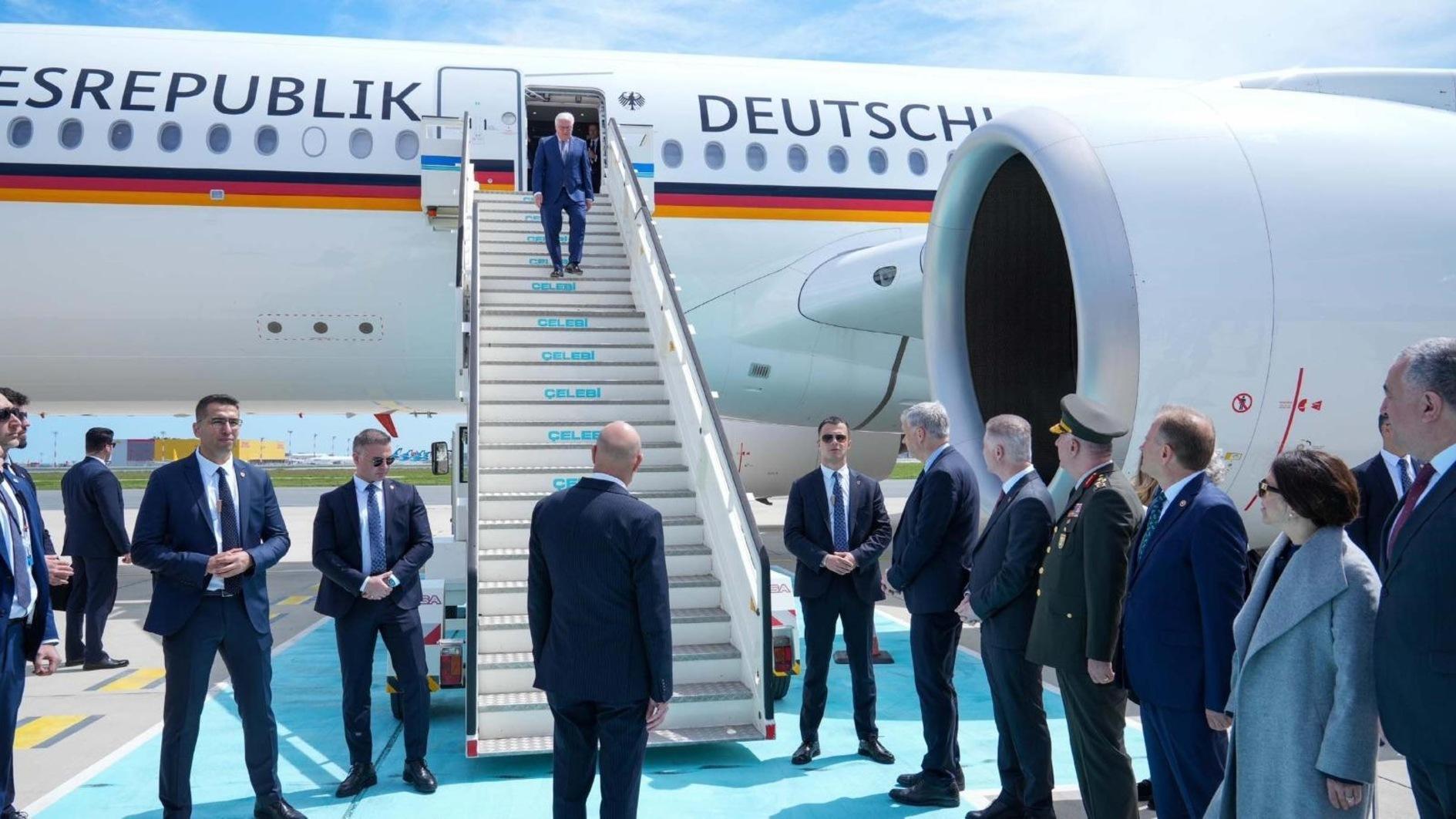Terms of peace for others
Whenever debate on a peace process with Kurds starts in Turkey, peace deals involving the Irish Republican Army (IRA), Basque Homeland and Freedom (ETA) and the African National Congress (ANC) are dug up as the best, similar examples of conflict resolution. I agree that we can learn from all examples, even if each case has its peculiarities. That is why I suggest looking for many other, less-known examples as well. I think the case of the peace talks between the Philippine government and the Moro Islamic Liberation Front (MILF) is a very timely example, since another big step in the peace process was taken just a week ago. Recently, Philippine President Benigno Aquino visited the MILF stronghold Mindanao to meet rebel leaders and launch a new joint development program to underwrite the peace process.
The MILF is a revolutionary organization which fought for autonomy for 40 years. The first settlement was reached in a 1987 agreement on the “Autonomous Region of Muslim Mindanao” (ARMM). Yet, the ARMM settlement did not bring peace and finally another peace process was needed. In the process, an International Contact Group was established (Sept. 15, 2009) with the aim of providing international support to peace talks after the Philippines and the MILF decided to invite Britain, Japan and Saudi Arabia to join the contact group. Soon after, the Turkish Foreign Ministry also announced the decision to join the contact group. Then, Foreign Minister Ahmet Davutoğlu met with MILF Chairman Al Haj Murad Ebrahim and its executive for foreign affairs, Adnan Alim.
The beginning of a “happy end” came with a 2012 agreement. On Oct. 7, Aquino announced that the two parties had agreed to sign a preliminary peace agreement which calls for the creation of an autonomous political entity named Bangsamoro. The Turkish Foreign Ministry’s press release (Oct. 10, 2012) on the occasion, says the following;
“Turkey, as a member of the International Contact Group, congratulates the parties on the constructive attitude they have demonstrated during the dialogue process which has paved the way for this important agreement. The establishment of a final and permanent peace in Mindanao is our sincere wish, and it is our expectation that the framework agreement … will constitute an important step to this end. Turkey believes in the importance of mediation for the prevention and settlement of conflicts and stands ready to provide support also to the subsequent phases of the Mindanao Peace Process.”
The struggle in Moro by the MILF has been legendary for Islamists in Turkey since the 1970s, so much so that Moro is cited as an exemplary Islamic struggle in many Islamist writings, poems and revolutionary songs such as “Akıncılar Marşı” (“Düşmanı avladık sarp kayalarda/Eritre’de, Filistin’de, Moro’da” – We hunted the enemy on jagged rocks, in Eritrea, in Palestine, in Moro).
One does not have to be an ex-Islamist, or a present Islamist, to support peace efforts all over the world. Therefore, the mediatory role of Turkey is only be congratulated rather than questioned on ideological terms, but this is true only as long as it is a matter of principle and this principle works also for one’s own country. It is rather hypocritical to support the idea of struggle for autonomy in another country and suppress it in one’s own country while accusing Kurds of trying to undermine the unity of Turkey. I hope the new peace process with Kurds from the government will have such a broad vision.











